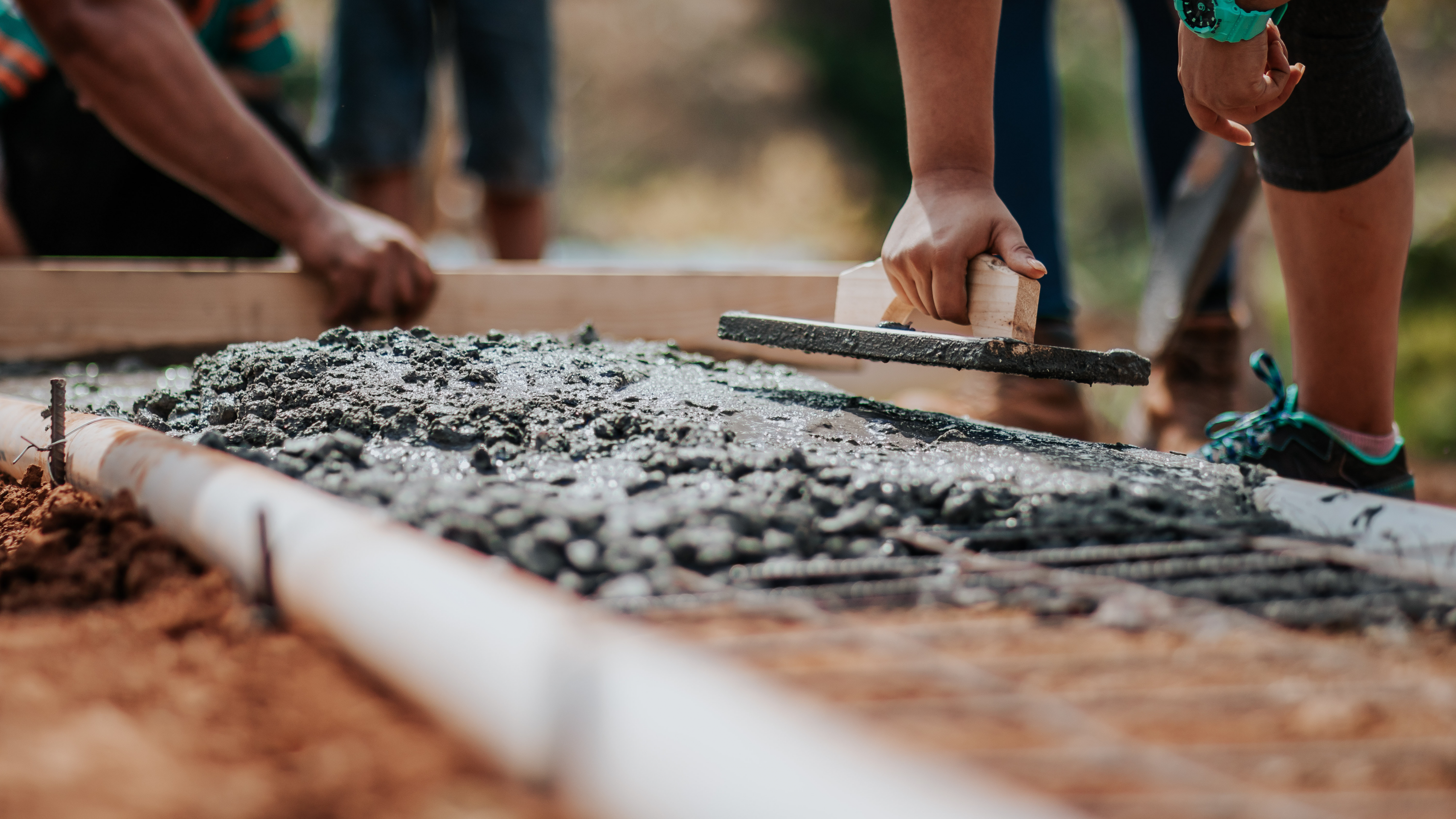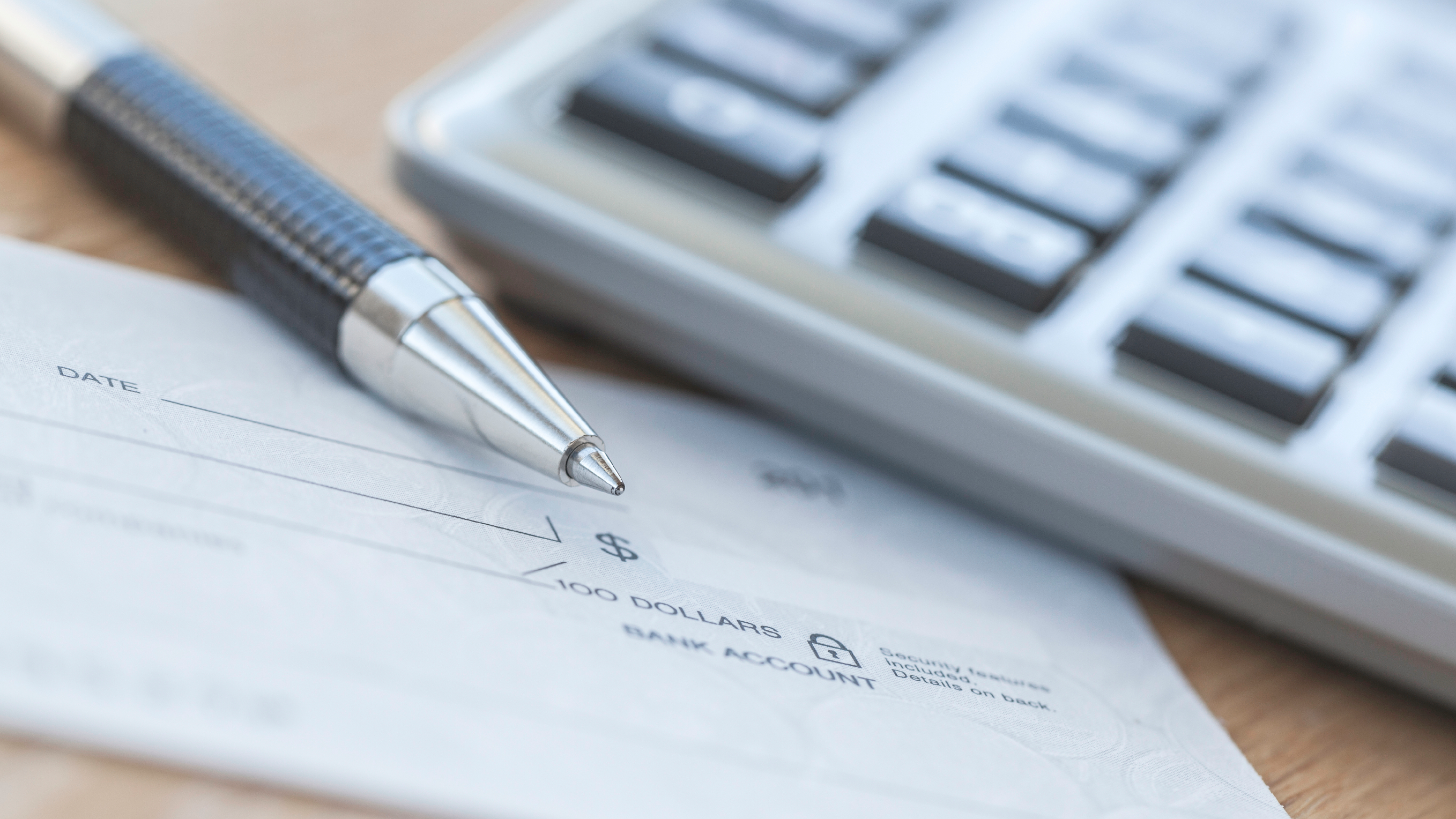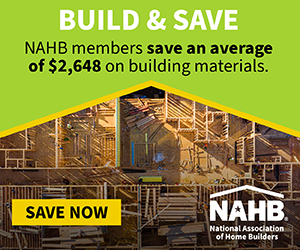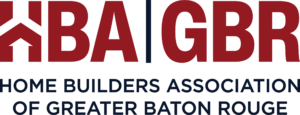
Rising demand stemming from a surge of do-it-yourself projects from consumers working at home coupled with restricted supply due to lumber mills operating at a diminished capacity have led to a recent upsurge in lumber prices. The latest Random Lengths Framing Composite Price for the week ending May 15 rose by 6.3% to $406 per thousand board feet — the first time the index topped $400 since March 20, 2020.
Framing lumber prices have increased 13% since May 1 — the largest two-week increase in over a decade and the first increase greater than 10% since the start of the U.S.-Canada Softwood Lumber Dispute in early 2017.
This recent increase in lumber prices comes at a time when the government reported backward-looking data that shows building material prices posted a record decline in April — during the height of the pandemic and before many states rescinded stay-at-home orders and began phased re-openings of local economies.
Related factors driving this recent increase in lumber prices include:
- Rising demand from big box retailers — driven by do-it-yourself activity and the fact that building supply stores have been designated as “essential businesses” across the nation — has limited the supply available to traders, wholesalers and distributors; and
- Slowing mill production as home building activity dropped sharply during the early weeks of the outbreak.
The recent price increase has been especially acute in Southern Yellow Pine (SYP) dimension lumber, with SYP 2×4 prices climbing nearly 50% since mid-April. The four-week increase is the largest in at least 25 years (weekly data first became available in 1995), topping the prior record of 30% set in 2003.
Lumber demand tends to be a reliable leading indicator of residential construction activity, thus the recent price hikes due to increased demand coupled with reduced mill capacity should be viewed as a sign that mills must ramp up production as the home building industry continues into the spring home buying season.
Meanwhile, builders should prepare accordingly and expect that the lumber price rebounds during the past couple of weeks are likely to continue.























